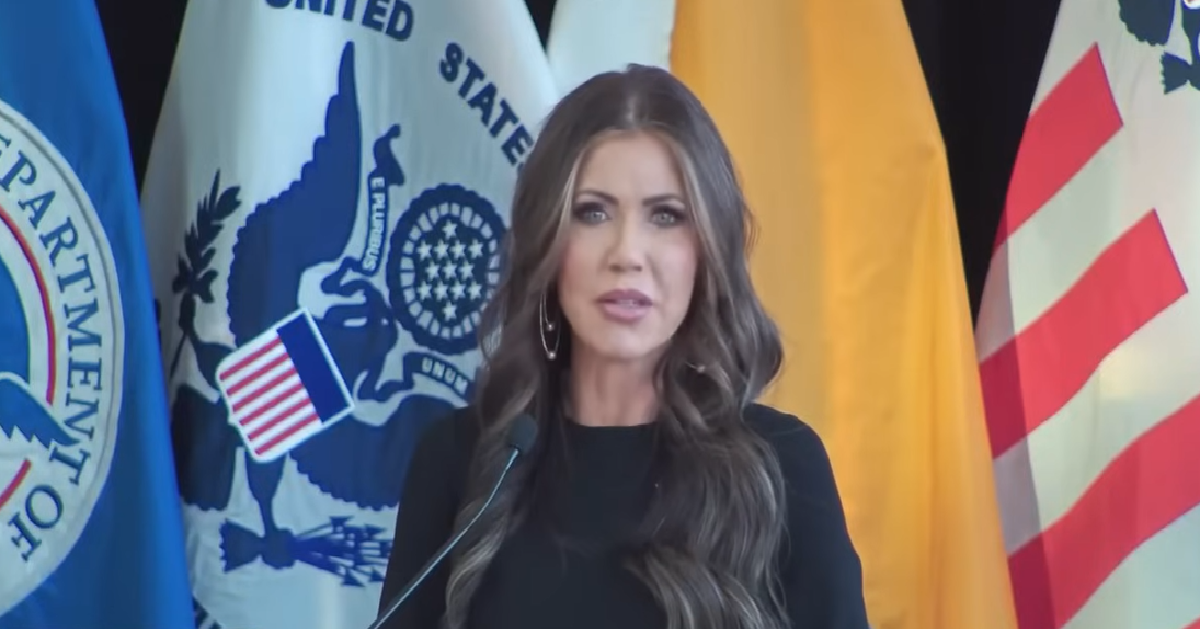Gorsuch slams court for ignoring sacred site case
Justice Neil Gorsuch just called out his Supreme Court colleagues for dodging a case that could’ve saved a sacred Apache site, MSN reported.
On May 27, 2025, the Court refused to hear Apache Stronghold’s plea to stop the federal government from handing over Oak Flat in Arizona to a mining company. This decision is a gut punch to religious freedom, and Gorsuch isn’t staying quiet.
The Court’s order upheld a Ninth Circuit ruling that greenlit the land transfer, ignoring Apache Stronghold’s claim that mining would desecrate their holy ground. Gorsuch, appointed by President Donald Trump after a fierce Senate fight, labeled this a “grave mistake.” He’s not wrong—sacrificing sacred land for corporate gain smells like a betrayal of American values.
Apache Stronghold argued that the transfer violates the Religious Freedom Restoration Act, a law meant to protect faith from government overreach. The Ninth Circuit, however, brushed off their reasoning, paving the way for bulldozers. Turns out, some courts think profits trump promises.
Gorsuch’s Passion For Tribal Rights
Gorsuch, one of the few justices with Western court experience, has made tribal rights his hill to die on. His time in the West, where federal land grabs and tribal disputes are daily bread, shaped his view. No surprise he’s fuming when his colleagues shrug at sacred sites.
In 2020, Gorsuch wrote the majority opinion in McGirt v. Oklahoma, a landmark ruling that honored an 1866 treaty with the Muscogee Nation. That decision declared eastern Oklahoma as sovereign tribal land for law enforcement purposes. It was a rare win for tribes, and Gorsuch led the charge.
But the McGirt ruling took a hit later when Oklahoma v. Castro-Huerta partially weakened it. Gorsuch dissented, joining liberal justices in a stand for tribal sovereignty. The man doesn’t just talk principle—he lives it.
A Questionable Lower Court Ruling
The Ninth Circuit’s decision to allow the Oak Flat transfer “rests on questionable legal footing,” Gorsuch warned. He’s calling it like he sees it: a shaky precedent that could haunt religious liberty. When a justice this sharp cries foul, you’d think the Court would listen.
Apache Stronghold’s case hinged on the Religious Freedom Restoration Act, which demands the government justify burdens on religious practice. The Ninth Circuit didn’t buy it, siding with the mining company instead. Apparently, some judges forgot that freedom isn’t just for boardrooms.
Gorsuch’s outrage stems from a pattern—courts too quick to dismiss tribal claims while corporate interests get a free pass. He’s often aligned with liberal justices or stood alone on these issues. That’s not flip-flopping; it’s conviction.
A Sacred Site Under Threat
Oak Flat isn’t just dirt—it’s a spiritual anchor for the Apache, a place of worship and heritage. Handing it over to a mining company isn’t progress; it’s erasure. The Supreme Court’s refusal to step in leaves the Apache with little recourse.
The federal government’s role here is murky at best. It’s one thing to manage public land, another to steamroll sacred sites for profit. Actions have consequences, and this one’s a stain on the Court’s ledger.
Gorsuch’s dissent highlights a broader issue: the erosion of religious liberty when it suits powerful interests. He’s not grandstanding—he’s sounding an alarm. Too bad his colleagues hit snooze.
Trump’s Pick Stands Out
Gorsuch’s appointment by Trump came after Republicans held the line, keeping the seat open until Obama was out. That move paid off for conservatives, but Gorsuch isn’t a party puppet. His focus on tribal rights proves he’s driven by principle, not politics.
The Apache Stronghold case is a missed opportunity to right a wrong, and Gorsuch’s frustration is palpable.
When sacred land gets traded for mining dollars, you have to wonder who’s really calling the shots. Here’s hoping the Court wakes up before the next “grave mistake.”






